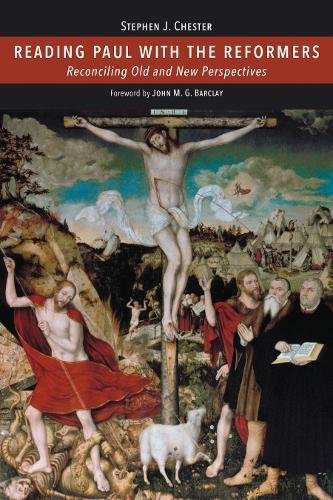Ben. Calvin has always struck me as the most exegetically grounded and systematically clear of these three Reformers, however much I might differ from him on this and that. In some cases, he appears to be cleaning up some of the mess Luther left behind because he wasn’t consistent. At the end of the day, what do you see Calvin really adding to the conversation about justification, Christ’s righteousness, sanctification, the free will of human beings that we have not... Read more








